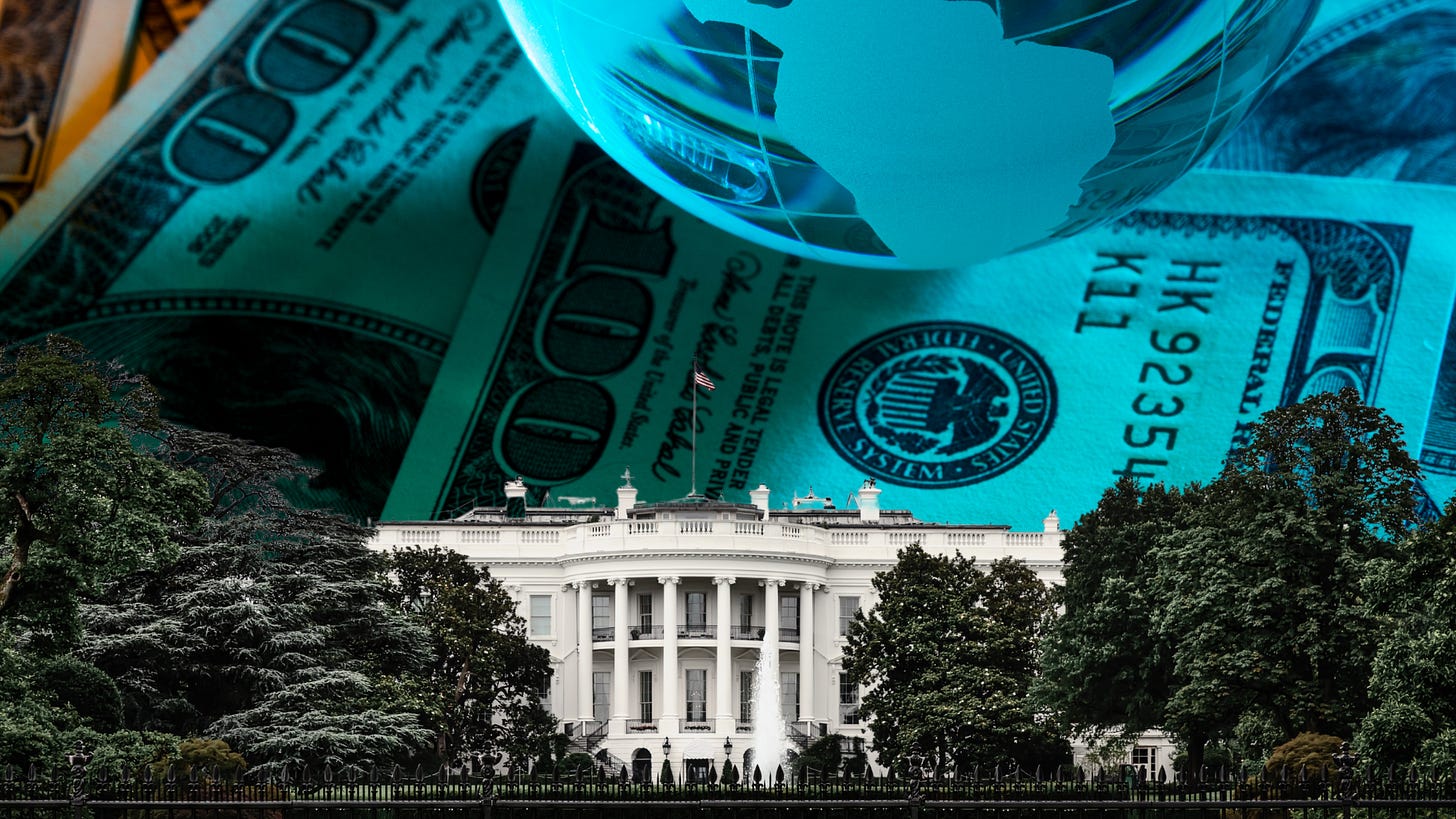The Hidden Cost of Tariffs on Pharmaceuticals: Prescription for a Disaster
Tariffs on pharmaceuticals act as hidden taxes on the sick, punishing those who are already vulnerable.
Let’s examine a critical topic that affects all of us: the Trump administration’s push to impose tariffs on pharmaceutical imports. While this move may sound like just another policy headline, it could have serious consequences for millions of Americans, especially those already struggling to afford healthcare (unfortunately, there are millions of them!).
America’s Dependence on Imported Pharmaceuticals
The United States is the world’s largest importer of pharmaceutical products. In 2024 alone, the country imported around $214 billion worth of drugs and related products, while exporting only $95 billion, leaving us with a hefty $119 billion trade deficit in this sector.
But here’s what’s important: the U.S. doesn’t just import finished drugs. We also rely on foreign sources for active pharmaceutical ingredients (APIs)—the core compounds used in drug manufacturing. While about 54% of these were produced domestically in 2019, the rest came from countries like Ireland, China, India, and Germany.
This means that even “Made in America” medications still depend on global supply chains—and tariffs could disrupt the entire system.
Generic Drugs Are Especially at Risk
Generic medications, often more affordable than brand-name drugs, are particularly vulnerable. China, for example, supplies 95% of U.S. ibuprofen imports, 91% of hydrocortisone, and up to 45% of penicillin. The U.S. doesn’t currently have the manufacturing capacity to replace these imports at scale.
If tariffs are imposed, prices on everyday drugs—from antibiotics to over-the-counter painkillers—could skyrocket, leaving consumers with no choice but to pay more or go without.
A Broken System on the Brink
Let’s not forget: the U.S. healthcare system is already broken (I will share more detailed posts on this in the near future).
According to the Commonwealth Fund, America ranks last among 10 high-income nations when it comes to healthcare access, outcomes, and equity. Despite spending 16% of its GDP on healthcare, the U.S. continues to fall short.
Here’s a snapshot:
26 million Americans remain uninsured.
1 in 4 working-age adults are underinsured.
Over 40% of Americans spent $1,000 or more out-of-pocket on healthcare last year.
Life expectancy is just 77.5 years—lower than many peer nations, and even comparable to Iran.
Now add tariffs on life-saving medicines? It’s a recipe for disaster.
Watch the latest video where I share more details on the subject, available on YouTube and Rumble:
How Tariffs Raise Drug Prices
Here’s how tariffs can hurt consumers:
Higher Production Costs – Tariffs raise the cost of importing ingredients, making medications more expensive to produce.
Less Competition – Smaller generic drug companies may not survive, reducing competition and driving prices up.
Disrupted Supply Chains – Delays and shortages could hit pharmacies across the country.
Fewer Generics – Delays in launching affordable generics mean consumers may be stuck paying for costly brand-name drugs.
Therefore, tariffs on pharmaceuticals may sound like an economic strategy, but in reality, they hit everyday Americans the hardest. At a time when people are already drowning in medical bills, we need policies that lower healthcare costs, not drive them higher.
Should the U.S. impose tariffs on pharmaceutical imports? Drop a comment below—I’d love to hear your take.
Thanks again for reading!
Thank you to all my subscribers for being part of World Affairs in Context. Your support makes the newsletter happen, and your questions, ideas, and suggestions inspire it. Please consider becoming a paid subscriber, which will help contribute to the resources needed to produce more content on the platform. If you’d like to make a one-time contribution, please do so via PayPal or Buy Me a Coffee.




When was the last time we provided most of our medicines here?
As to why healthcare is messed up, look no further than the fact the federal government is involved in 50% of the payments. Just like college tuition, anything the government is involved in substantially, you know there is trouble.
Life expectancy may or may not reflect health care, as doing drugs and suicides continue to increase in our country.
We must at least be better off than Canada, as those citizens come here to avoid the long, deadly wait national healthcare always brings. Take a number; we'll be with you eventually . . . if you are still alive.
Hello Lena, thank you for another informative and timely video. I personally only use natural supplements and have encouraged others to do the same as I have done extremely well health wise using them. Unfortunately most people rely on big pharma and many of those meds, such as blood pressure medicine are designed to manage symptoms and don't cure anything. Worse, they can be very difficult and even very dangerous to stop, so marking up the price is really going to harm a lot of people. Very sad but this what happens when the lovers of money control the world.